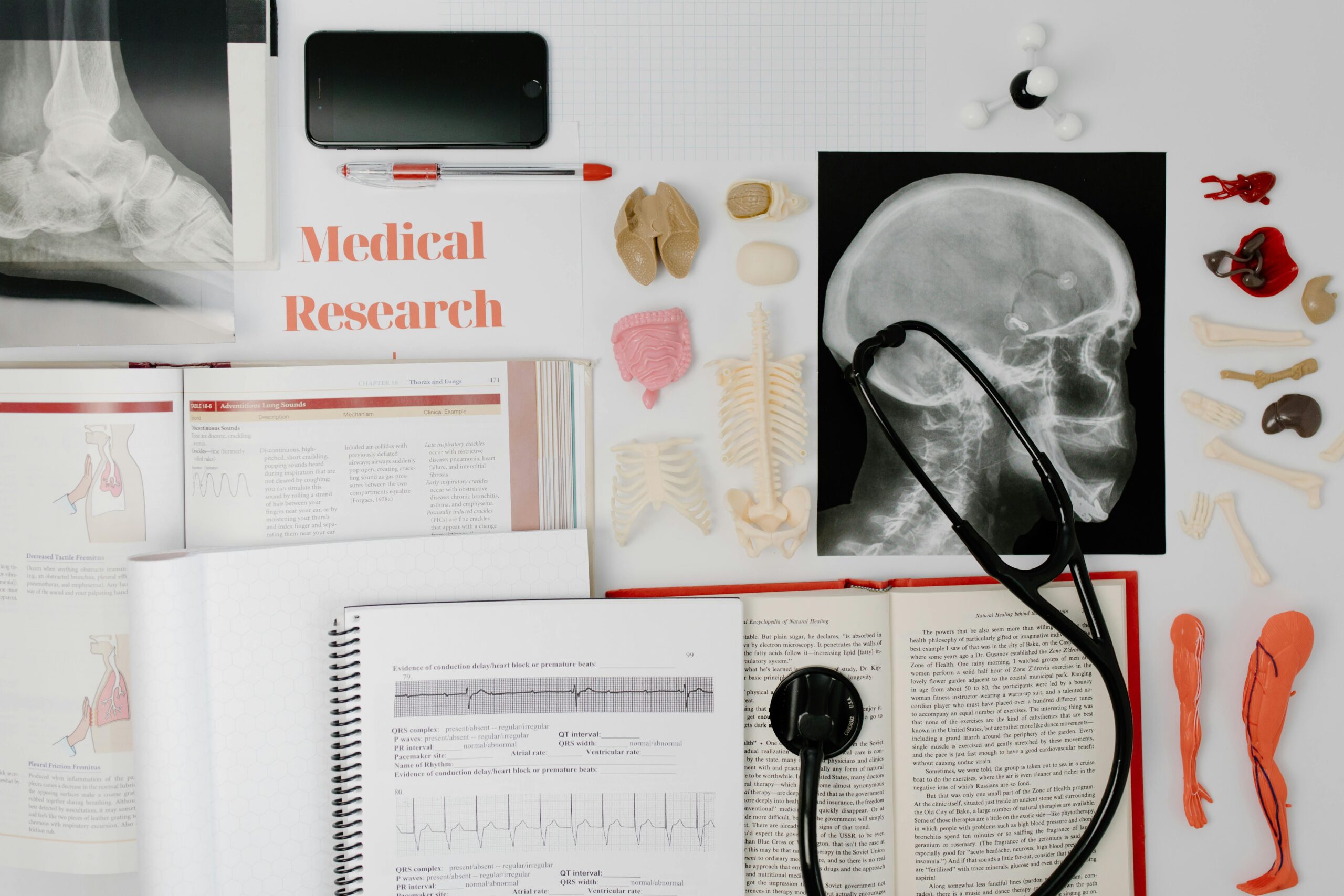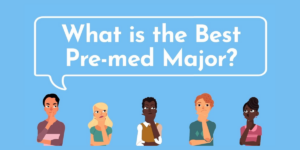Caribbean medical schools including Windsor University School of Medicine are among the most rigorous and competitive academic programs.
With acceptance rates often below 50%, it’s important to distinguish yourself as a standout candidate.
Whether you are currently in your undergraduate program or a few years into your professional career, following these 10 tips can increase your chances of a successful application.
1. Gain Relevant Medical Experience
Experience in a clinical setting is invaluable. Job shadowing doctors and medical professionals provides insight into the daily responsibilities of healthcare providers.
Dr. Sarah Carlson, an associate chief of surgery at VA Boston HCS and assistant professor at BU School of Medicine, emphasizes, “Med school admissions committees want students to have realistic expectations for what a career in medicine will be like.”
Volunteering at hospitals, clinics, or health-related NGOs can demonstrate your understanding of the profession.
Positions such as Certified Nursing Assistant (CNA) or medical scribe offer practical exposure.
2. Engage in Research Projects
Research experience is highly regarded in medical graduate school applications.
Participation in undergraduate research projects or internships shows your commitment to advancing medical knowledge.
“Undergraduate research experience really shines through on medical school applications,” says Dr. Carlson. Highlight your ability to think critically and engage in scientific inquiry.
Presenting your research at conferences or co-authoring papers can further bolster your application.
3. Demonstrate Community Service
Medical schools seek candidates with a genuine desire to help others.
Volunteering in your community reflects this altruism. Dr. Carlson notes, “Doctors are generally pretty altruistic people, and med schools want to see that you care about your community or have some drive to contribute to the greater good.”
Engage in activities that benefit local organizations or disadvantaged populations.
Whether it’s tutoring, working at a food bank, or participating in community clean-ups, these experiences underline your commitment to service.
4. Maintain a Strong Academic Record
Grades are crucial. Aim for a competitive GPA.
Medical schools generally look for GPAs of 3.7 for MD programs, 3.5 for DO programs, and 3.4 for other health-related fields. Choose a major that interests you and in which you can excel.
“There is no specific major requirement for getting into medical school,” says Dr. Kemmy Taylor, a pre-health professions advisor at Michigan Technological University.
Balance your course load to maintain high grades while still meeting these requirements.
5. Apply to Multiple Schools
Increase your chances by applying to several medical schools.
Research each institution’s requirements and tailor your applications accordingly. “Don’t take it personally when you get some rejections—they happen at every stage of the game.
If you cast a wide net, you’ll increase your likelihood of getting an acceptance,” advises Dr. Carlson. Diversifying your options ensures that you are not overly dependent on a single application outcome. But also make sure you do look for accredited Caribbean medical school, Windsor University School of Medicine is accredited by CAAM HP.
6. Prepare Thoroughly for the MCAT
The Medical College Admission Test (MCAT) is a critical component of your application. Aim for a score that meets or exceeds the average for accepted students, typically around 508.
Allocate sufficient time to study—recommended preparation ranges from 300 to 350 hours.
“Take practice tests many times and don’t let your practice scores spook you,” suggests McKenzie, a current medical student at Michigan State University College of Human Medicine.
Regular practice can help you become familiar with the test format and timing, reducing anxiety on test day. Windsor University does helps you to prepare better for your MCAT through it MCAT aligned Biomedical sciences curriculum.
7. Cultivate Language Skills
Proficiency in a second language, especially Spanish, can be advantageous.
Medical professionals often encounter diverse patient populations. “I speak Spanish almost every day at work,” says Dr. Carlson.
Effective communication with non-English speaking patients is a valuable skill.
Consider taking language courses or participating in study abroad programs to enhance your proficiency. Such experiences can also demonstrate cultural competence.
8. Pursue Extracurricular Activities
Engage in extracurricular activities that interest you.
Whether it’s music, sports, or leadership in student organizations, these pursuits show you are a well-rounded individual.
Dr. Carlson says having outside interests makes you stand out.
“It’s OK to indicate some of these personal interests on your med school applications—they give the interviewers something to relate to you with.”
Highlighting these activities in your application can make you more memorable to admissions committees.
9. Excel in Interviews
Interviews are your chance to make a personal impression.
Research each school’s mission and values beforehand.
Practice common interview questions and prepare to discuss your experiences and motivations. “Schools are interested in learning what kind of student and person you are,” says McKenzie.
Be courteous to everyone you meet during the interview process. Professionalism, confidence, and genuine enthusiasm are key.
10. Articulate Your Motivation
Clearly explain why you want to become a doctor.
Avoid generic statements like “I want to help people.” Instead, share specific experiences that inspired you to pursue medicine. Dr. Carlson advises, “After medical school comes residency, and then—for some—fellowship, academic track positions, publications, and navigating an ever-evolving health care system.”
Reflect on your journey and articulate how it has prepared you for the challenges of medical school and beyond.
Bonus Tips
Seek Strong Letters of Recommendation: Choose recommenders who know you well and can speak to your strengths and character. Provide them with ample time to write and give them a clear understanding of your goals and achievements.
Leverage Networking Opportunities: Connections can be powerful. “If you want to go to a particular school, find a way to have one of your mentors or advisors reach out to the admissions committee on your behalf,” suggests Dr. Carlson. A personal endorsement can sometimes make a significant difference.
Concluding Paragraph
In conclusion, applying to medical school is a multifaceted process that requires dedication, strategic planning, and perseverance.
By getting hands-on experience, doing research, volunteering, keeping your grades up, and preparing well for interviews and the MCAT, you can create a strong application.
Stay true to your motivations and let your passion for medicine shine through every aspect of your application.
For more information on admissions at Windsor University School of medicine click here- https://www.windsor.edu/admissions/requirements/







